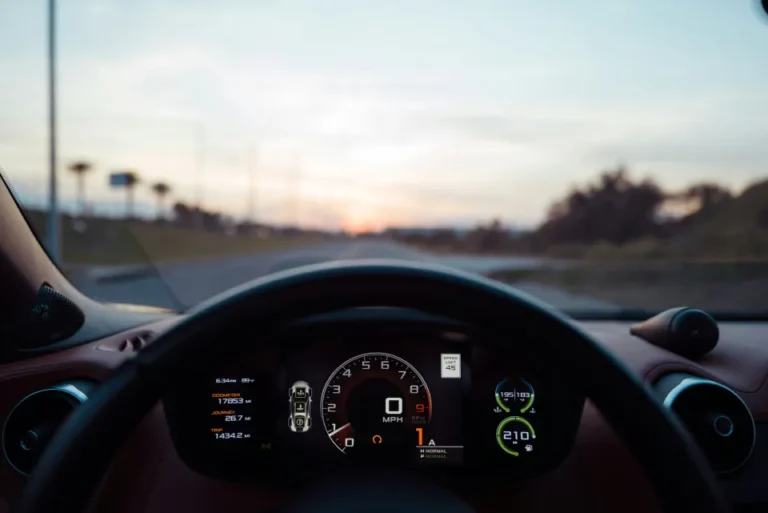This might avert 360 traffic fatalities annually.
It was just recently reported by the National Highway Traffic Safety Administration (NHTSA) that new federal safety criteria for autos had been implemented. These criteria include a requirement that all new automobiles must be equipped with advanced autonomous braking systems by the year 2029. Manufacturers are required to comply with this requirement. That’s only five years away from now.
All passenger cars and light trucks that weigh less than 10,000 pounds are subject to this regulation. While preventing a collision, the automatic emergency braking systems of a vehicle must be able to bring the vehicle to a complete stop while it is traveling at speeds of up to 62 miles per hour. These systems will also be required to take into consideration pedestrians approaching from behind at speeds of up to 45 miles per hour, regardless of whether it is daytime or evening.
When it comes to detecting crashes, automatic emergency brakes make use of a multitude of sensors, lasers, and cameras. The system will either apply the brakes on its own or use brake assist in order to assist the driver in coming to a stop in a timely and secure manner when a collision is imminent. Despite the fact that many of these tools do not match the MPH limits that were discussed earlier, it is important to note that manufacturers already incorporate these systems into ninety percent of new automobiles, as reported by The New York Times. According to the National Highway Traffic Safety Administration (NHTSA), the majority of manufacturers should be able to fulfill these requirements.
These new regulations are expected to lessen the severity of more than 24,000 injuries and avoid more than 360 deaths that occur on the roads each year, according to estimates provided by the government agency. Additionally, it is anticipated that it will save individuals a significant amount of money on the expenditures associated with property damage. In an interview with The Washington Post, Cathy Chase, the head of Advocates for Highway and Auto Safety, stated that the new regulations represent a “major victory for all consumers and public safety.” Just in the United States of America, there were more than 41,000 deaths that were caused by automobiles in 2023 alone, which is really a tiny drop from the previous year.
However, the actual automobile sector is not quite as optimistic about the mandate as the government is. The National Highway Traffic Safety Administration (NHTSA) has been asked the Alliance for Automotive Innovation, a lobbying group that works on behalf of automobile makers, to investigate other possibilities. In light of the fact that the committee noted that “significant hardware and software changes will be required to achieve a level of performance that no production vehicle can currently achieve,” one of the most important suggestions is to reduce the speed barrier in specific circumstances.
It is for this reason that the tests that were carried out by the Insurance Institute for Highway Safety show that these systems will most likely need to undergo significant overhauls in order to comply with the mandate in an effective manner. According to the research organization, it tested crash avoidance systems on ten small SUVs capable of reaching speeds of up to 43 miles per hour. The majority of the systems failed to come to a stop in time to avoid a collision in the most challenging testing conditions. When compared to other vehicles on the market, the Subaru Forester and the Honda CR-V did the best.
It is possible that in the not too distant future, heavy-duty vehicles, such as heavier trucks, will be subject to their very own mandate. The National Highway Traffic Safety Administration (NHTSA) is now collaborating with the Federal Motor Carrier Safety Administration (FMCSA), which is an agency responsible for truck safety, to develop comparable regulations for chonky vehicles.

